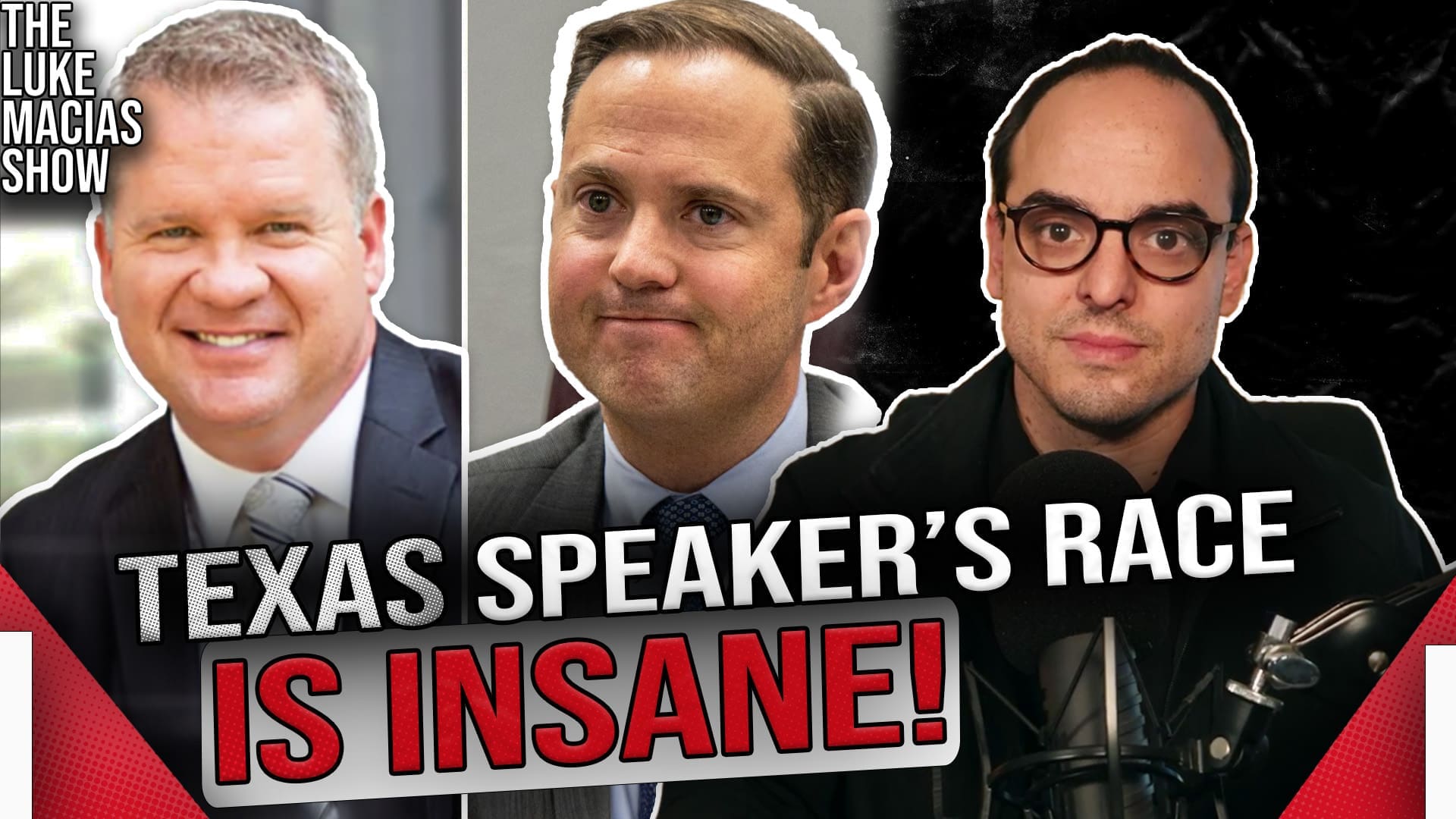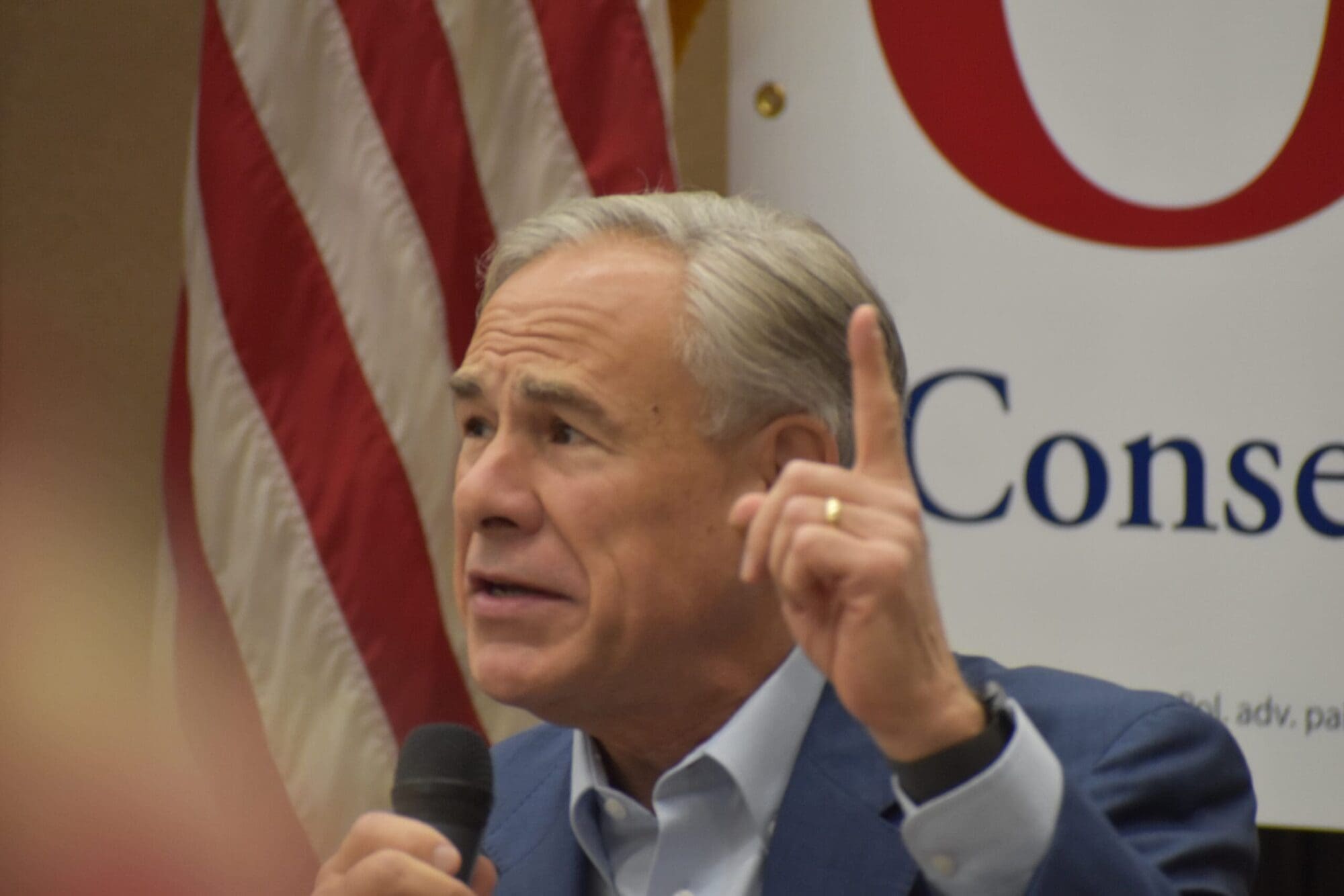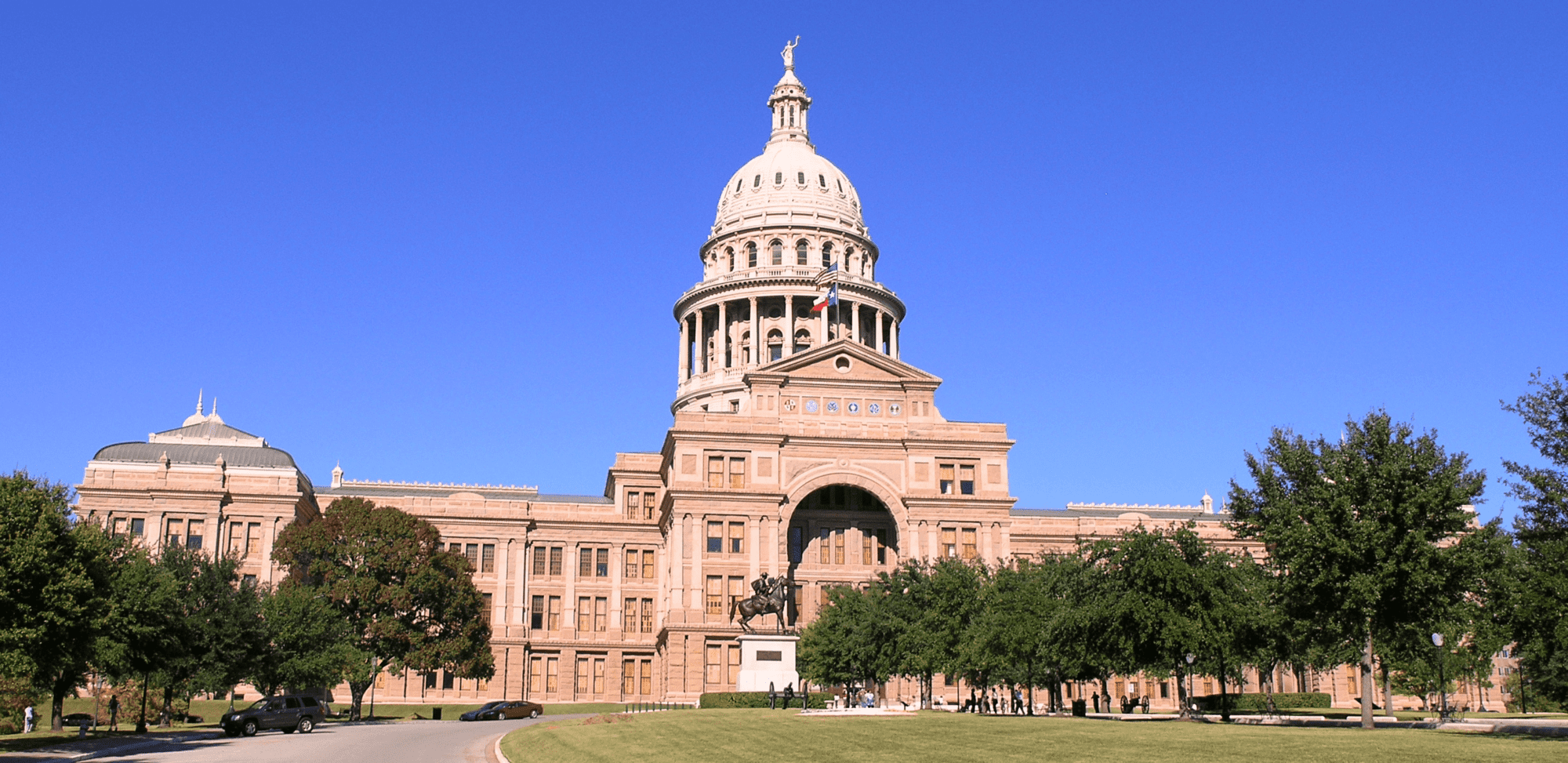“Throw the rascals out!” was the rallying cry of new candidates that sprang forth to replace incumbent politicians embroiled in the Texas Sharpstown Stock Scandal in 1972.
That controversy initially focused on charges that state officials took bank-financed stock purchases in exchange for legislation favorable to Houston financier Frank W. Sharp. The result was a thorough housecleaning: virtually all statewide officials were voted out of office, along with half of the legislature.
With new political blood inbound, politicians disinterested in open government were ostracized. And thus, the scandal paved the way for the first Texas Open Records Act, precursor to what is now known as the Texas Public Information Act (PIA).

Over the last four decades that the law has been in place, Texas government has operated in sunlight – “the great disinfectant.” Now those days seem more and more like a distant memory.
The troubles around the PIA started in 2015, when the Texas Supreme Court handed down a monumental decision in the case Boeing v. Paxton. In that opinion, the majority overturned two lower court decisions and rejected arguments by the Attorney General’s office.
Essentially, the case turned on whether a private company (Boeing) had the right to claim a “competitive disadvantage” exemption (Section 552.104) to the PIA and maintain the confidentiality of certain aspects of the lease it signed with the Port Authority of San Antonio for space at the recently closed Kelly Air Force Base.
Prior to Boeing, this exception was only granted to governmental entities. Since Boeing, the exception now applies to private businesses and their transactions with public entities. The court also lowered the standard from exempting information that gives a decisive advantage to one that exempts information that gives any advantage.
An exposé by The Texas Observer revealed that PIA requests had been rejected under the Boeing ruling for:
- A $265 million deal to build a new power plant in Denton
- Withholding a food service contract at Kemp ISD
- Hiding the identities of candidates applying for Austin City Manager
In another pair of cases out of the Rio Grande Valley, the Agua Special Utility District has used Boeing to block the release of records pertaining to secret $500,000 severance packages for two employees, and the City of McAllen’s refusal to disclose how much taxpayer money it paid singer Enrique Iglesias for a Christmas performance.
Although the Texas Legislature has created over 60 exemptions to PIA requests, the number of blocked requests citing Boeing alone now numbers over 2,000 since 2015.
Testimony before the House Transparency & Government Operations Committee suggested the reason for the spike in 552.104 exception claimants is the concurrent reduction in claims under Section 552.110, which covers trade secret exceptions.

Also contributing to the gaping loophole in the disclosure of public information was the Greater Houston Partnership v. Paxton Texas Supreme Court decision holding that a private entity does not submit to records requests when supported by public funds, but rather when their operations are “sustained” by public funds.
Prior to Houston Greater Partnership, courts and the AG’s office applied the Kneeland test, holding entities subject to PIA when supported in whole or in part by public funds, and when that entity is an agent of government, acting at the direction of government, or performing an inherently governmental function.
Two comprehensive lists of notable Boeing and Greater Houston Partnership–related denials are available courtesy of the Texas Sunshine Coalition.
During the last legislative session, several bills were filed to correct some of the injustices wrought by Boeing and Greater Houston Partnership. HB 349 by State Rep. Terry Canales (D–Edinburg) sought to bar use of the 552.104 exception by a government body for a parade, concert, or other entertainment event open to and paid for by the public. It also would have prohibited provisions in contracts preventing such disclosures. The measure was a response to the aforementioned McAllen situation.
HB 792 by State Rep. Giovanni Capriglione (R–Southlake) and SB 407 by State Sen. Kirk Watson (D–Austin) would have prohibited use of 552.104 by anyone other than a governmental entity that demonstrated a harm to its interests (creating a competitive disadvantage) by releasing the information in question, and that the exception would not apply to bids or proposals after the contract was executed.
Finally, HB 839 by State Rep. Lina Ortega (D–El Paso) would have prohibited application of 552.104 to information contained in a bid or proposal after the governmental body awarded a contract.
Many of these bills died before the House Transparency & Government Operation Committee chaired by State Rep. Gary Elkins (R–Houston).
The only progress made on the issue during the session came by way of SCR 56 by Watson, which requested creation of a joint interim committee to examine all state open government laws. Watson noted his frustration on the issue during a discussion on PIA at the Texas Public Policy Foundation, highlighting that his resolution received no down votes and yet neither chamber of the legislature has appointed members of the committee.
The aftermath of these two decisions inverts the stated purpose of the Texas Public Information Act. Reform advocates regularly point this out by citing the law’s preamble, which reads in part:
“The people, in delegating authority, do not give their public servants the right to decide what is good for the people to know and what is not good for them to know. The people insist on remaining informed so that they may retain control over the instruments they have created. The provisions of this chapter shall be liberally construed to implement this policy.”
These changes might have stirred up less controversy were it not for the fact that government officials often resort to delay tactics in order to withhold information. Slowdowns in procurement of records can come in any number of forms, from high pricing and running the clock, to claiming exceptions for deliberative documents and bid exemptions. In one scenario, a requestor was told he would have to pay $410,800 for communications between the Texas Dept. of Transportation and two federal agencies.
Clearly, the result of Boeing and Greater Houston Partnership was to tilt the balance of government transparency dramatically in favor of public-private secrecy. No one is suggesting that companies give up their trade secrets, for which a separate part of the public information law exists. The essentials of a company’s contract with government aren’t a trade secret, and to the extent they are, limited redactions under the proper circumstances should suffice. That’s how a narrow reading of Boeing, for example, could restore balance to the tension between disclosure and necessary exceptions and how AG opinions and letters should interpret it.
In his lone Boeing dissent, Justice Boyd notes that:
“We must liberally construe the Public Information Act to implement ‘the policy of this state that each person is entitled, unless otherwise expressly provided by law, at all times to complete information about the affairs of government and the official acts of public officials and employees.’”
He added, “The necessary corollary is that we must narrowly construe the act’s exceptions to disclosure.”





